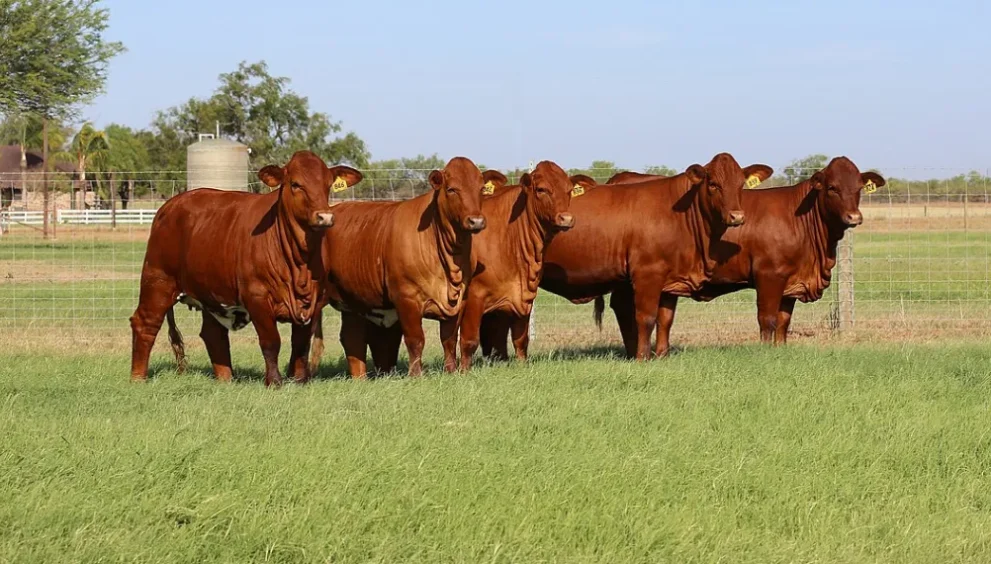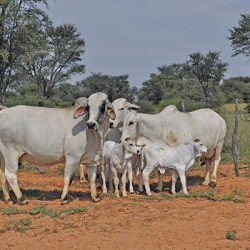Johannesburg, South Africa – South Africa’s agricultural sector, a leading producer on the African continent, faces a critical challenge that threatens its hard-won status: a flagging domestic capacity for livestock vaccine manufacturing. While the recent decision to allow Astral Foods Limited to vaccinate its broiler breeding stock against Highly Pathogenic Avian Influenza is a commendable first step, experts are calling for a broader, more robust strategy to safeguard the nation’s food security.
The devastating impact of the 2023 avian influenza outbreak, which led to widespread egg shortages and price hikes in South Africa, serves as a stark reminder of the vulnerability of the country’s poultry industry. Similar events in the U.S. earlier this year underscore the global threat posed by such diseases. “South Africa’s decision to kickstart the vaccination is a welcome development and an approach we should follow even in the years to come,” says Wandile Sihlobo, Senior Lecturer Extraordinary at the Department of Agricultural Economics at Stellenbosch University. “We must ensure that the regulations remain agile so that, if there are outbreaks of new strains in the future, we can register vaccines speedily and effectively, allowing poultry businesses to avoid losses and maintain solid food security conditions.”
However, the immediate focus on avian influenza vaccination, while crucial, only scratches the surface of a deeper systemic issue. The country’s ability to produce vaccines for other critical livestock diseases, such as foot-and-mouth disease, has significantly diminished. State-owned entities, once key players in this space, have experienced a decline in capacity, necessitating urgent revival and investment.
Experts advocate for a multi-pronged approach that extends beyond governmental efforts. The responsibility for vaccine manufacturing, they argue, should also be extended to select South African-owned private laboratories. This diversification would ensure sufficient production capacity and reduce reliance on external sources, which can be vulnerable to global supply chain disruptions.
The increasing frequency of disease outbreaks in recent years further amplifies the urgency of this matter. This trend necessitates not only investment in vaccine manufacturing but also a renewed and intensified focus on biosecurity controls for both animal and plant health. The collaborative spirit demonstrated at the recent University of Pretoria Biosecurity Conference, involving academia, the private sector, organised agriculture, and the government, must now translate into concrete action.
“Biosecurity is key to our agricultural progress,” asserts Sihlobo. Without significant investment in vaccine manufacturing and the enhancement of biosecurity measures, South Africa’s prominent position in African agriculture could be jeopardized. The time for a comprehensive, collaborative, and decisive strategy to bolster the nation’s livestock vaccine production capabilities is now.




